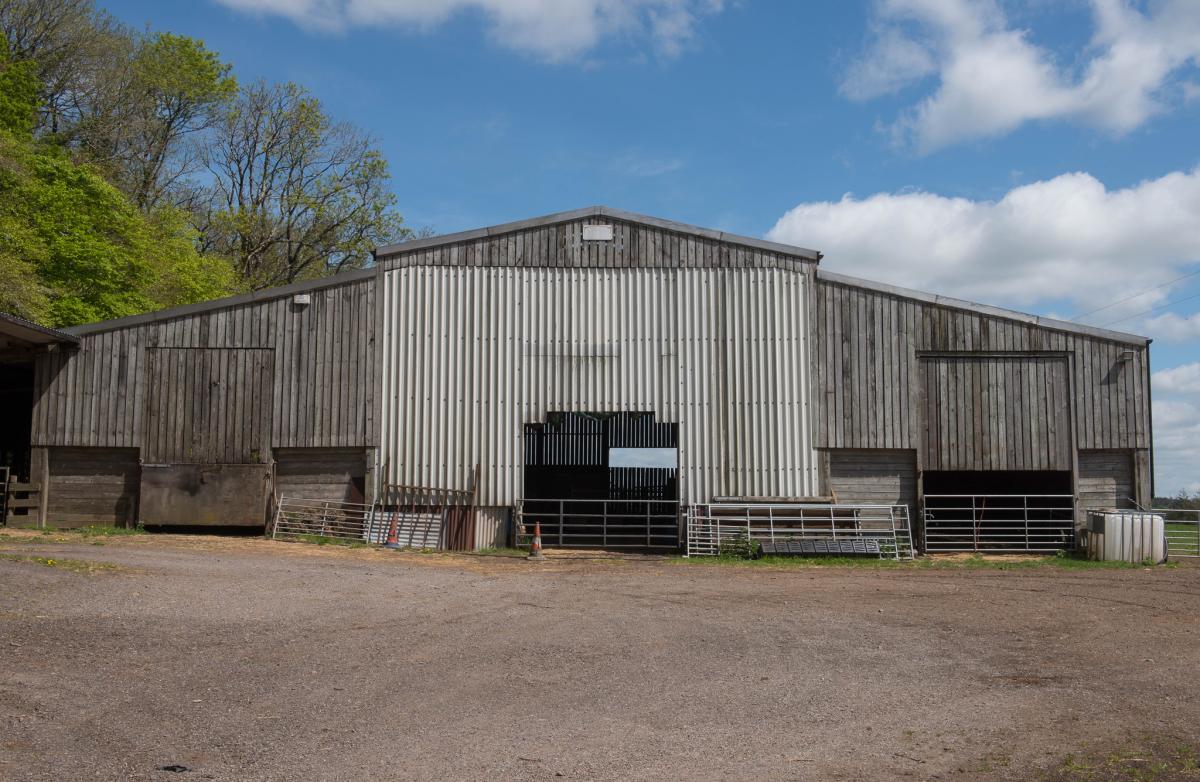
Rural crime remains a serious threat to farms across the UK, costing the agricultural sector millions of pounds every year. From livestock rustling to machinery theft, the impact extends far beyond financial loss, often leaving farmers with operational delays, increased insurance costs, and a lasting sense of vulnerability. Criminals are becoming more organised and sophisticated, meaning that prevention must be prioritised just as much as recovery. By taking a systematic approach to security, you can make your farm a far less attractive target and ensure you are prepared if the worst happens.
Complete a security audit
The first step in preventing rural crime is to conduct a thorough security audit of your property. This means looking closely at every aspect of your farm’s site, from perimeter fencing and hedgerows to gates, lighting, and access points. Consider where thieves could most easily gain entry, especially via unmonitored driveways or public footpaths. Also, identify where high-value assets such as machinery, tools, fuel, and livestock are stored, and identify any weak spots in their protection. Involving staff or family members in this process can be invaluable, in looking at property & maintenance, as they may notice risks you have overlooked.

Physical security
Once vulnerabilities are identified, the focus should turn to strengthening physical security. Sturdy gates fitted with heavy-duty locks, hinge covers, and secure fastenings make it harder for intruders to enter. Property marking is another powerful deterrent, with visible or forensic options such as SmartWater or SelectaDNA helping police trace stolen goods. High-value machinery should be stored in locked buildings whenever possible, with keys removed and additional security measures such as wheel or hitch locks in place. Fuel stores are another common target, so fitting locking fuel caps, anti-siphon devices, and ensuring tanks are well-lit and covered by CCTV can significantly reduce the risk of theft.
Preventing rural crime
Technology now plays a major role in rural crime prevention. CCTV cameras positioned at farm entrances, storage areas, and livestock buildings act as both a deterrent and a vital source of evidence if a crime takes place. Motion sensors can alert you to suspicious movement, while GPS tracking devices fitted to tractors, ATVs, and trailers can help recover stolen assets quickly. Remote monitoring systems, accessible via smartphone apps, allow farmers to keep an eye on their property even when away, with instant alerts if something is amiss.
Community action
Community cooperation is another vital layer of defence. Isolated farms are more vulnerable, but when neighbours and local farmers look out for each other, it becomes far more difficult for criminals to operate undetected. Joining a Farm Watch or Neighbourhood Watch group can help you stay informed about local threats, while creating a shared WhatsApp or text alert group with neighbouring farms allows suspicious activity to be reported instantly. This collaborative approach ensures that information about suspicious vehicles or individuals is quickly circulated.
Security is most effective when everyone on the farm is aware of the procedures. Training staff and family members to lock up equipment and buildings when not in use, be alert to suspicious behaviour, and limit the sharing of sensitive information on social media can make a big difference. Many criminals monitor online activity, so posts about new machinery or farm layouts can inadvertently invite trouble.
What to do if you notice a rural crime
If a crime occurs, quick and measured action is essential. If you are in immediate danger or see a crime in progress, you should call 999. For non-emergency situations such as theft discovered after the fact or sightings of suspicious activity, call 101. Avoid disturbing the scene so that valuable evidence is preserved and record all details you can, including descriptions of suspects, vehicles, and times of incidents. If you have CCTV footage or GPS tracker information, share it with the police as soon as possible. Informing your insurer immediately is essential, as prompt reporting can speed up claims processing.
After an incident, review how it happened and improve your security setup to prevent it from happening again. Many UK police forces now have dedicated Rural Crime Teams who can offer practical advice tailored to your area. You may also be eligible for grants or funding schemes that support investment in rural security measures, which can help cover the cost of additional fencing, cameras, or other deterrents.
Ultimately, preventing rural crime involves creating multiple layers of defence, combining physical barriers, advanced technology, strong community networks, and clear response plans. Criminals are less likely to target visibly well-protected farms connected to a vigilant local network. By being proactive today, you can safeguard your livelihood, protect your assets, and contribute to making rural communities safer for everyone.

